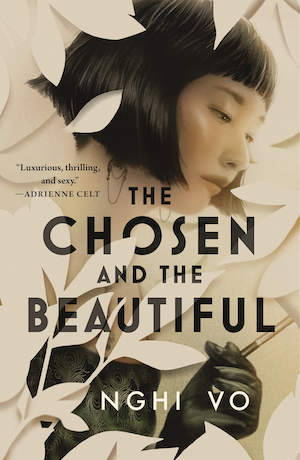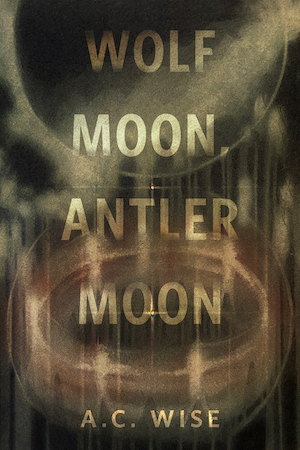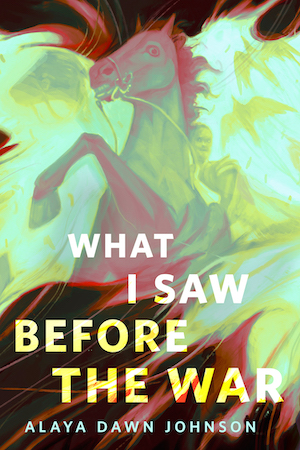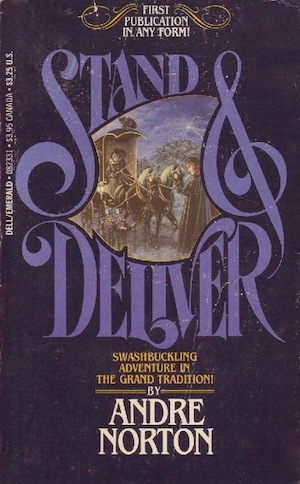This is the best thing I could have read during one of the most fraught weeks in quite a few people’s lifetimes. It’s deft, it’s fast-paced, it’s unabashedly escapist. Above all, it’s fun. I stayed up unconscionably late reading it, and I regret nothing.
Stand and Deliver was published in 1984, but it harks back to the early years of her career. It’s a sequel to Yankee Privateer (1955) and bears more than a passing resemblance to her first published novel, The Prince Commands (1934). The fifty years between her first novel and this one saw many, many, many works in multiple genres, but somehow, she managed to recapture the lively energy of her Ruritanian romance. Even more so than the prequel, and with thirty years more of writing practice.
In this adventure, Murray Lyon, son of Fitzhugh Lyon, travels to England in 1807 to claim an inheritance he does not want. The dissolute Viscount whom his father nearly killed in a duel in 1779 has finally died without known issue, leaving the Starr title and lands to Fitzhugh. The timing is incredibly fortuitous: the fortunes of the American branch have collapsed.
But Fitzhugh is in China trying to save what he can, leaving Murray to take the reins in England. Murray is recently returned from five years in captivity among the Creek tribe, during which time he was adopted by the chief and became a trained warrior. It’s not terribly clear why he left his adopted family, but here he is, reluctantly but dutifully being transformed into Viscount Farstarr.
Murray is a good son and tries to be a good heir, but he can’t resist the lure of adventure. It doesn’t hurt that he’s stalked by one of the late Earl’s parasitic attachments, a man of low morals and no scruples who claims to be in possession of a rival claimant to the inheritance. He informs Murray that he will produce the true heir, but warns him that the young man is very much not the done thing in polite society.
Murray doesn’t care. He isn’t either, though nobody in England is aware of the extent of it, and he will be perfectly happy to hand the title over if someone else has a better claim. This makes him a poor mark for a would-be blackmailer.
It also makes him a bad enemy. He eludes an attempt to frame him for murder of the rightful heir by showing up early, and manages a daring and escape that culminates in a wonderfully satisfactory way.
It’s got everything. Highwaymen. Smugglers on the coast. Bow Street Runners and undercover agents. A wonderfully Baskervillian hound named Satan and his dastardly master. Traveling circuses—plural—including a rousing battle between two rival circuses over a prime location.
The action travels from noble houses to the utter dregs of London, from circus caravans to smugglers’ lairs to the Lyon family crypt. And yes, Murray finds the missing heir, and he’s been practicing a most disreputable trade. They begin as enemies and end as close friends, and the resolution for both of them is exactly what it needs to be.
Buy the Book


The Chosen and the Beautiful
Norton must have had a splendid time both researching and writing this. She put a lot of effort into the dialects, especially the cant of the London underclass. Her historical details are lovingly folded in as well, though the references to the fashionable upper class seem to owe a bit more to Georgette Heyer than the historical Regency.
She’s not interested in that in any case, any more than Murray is. He spends as little time in his inherited sphere as possible, and mostly treats it as a means of getting justice for the downtrodden. He travels fairly easily up and down the social ladder; where he doesn’t fit in, he entrusts himself to those who do, always with virtuous intent.
We never do see Fitzhugh onstage, though he’s often referred to. Of Murray’s mother there is not a word. As far as the novel is concerned, he may as well have been cloned from his father. We don’t even know if she’s alive or dead, let alone when or how she and Fitzhugh met and married. It’s a sharp contrast with the rightful heir, Kevin (yes, Kevin), whose full family history is revealed by the end.
Besides all of this lovely chewy fun, the novel is full of references to Norton’s other works and genres. The plot is remarkably close to that of The Prince Commands, up to and including the occupation of the rightful heir. One of the Starr manors is located in the Cornish village of Tregarth—ancestral home of Simon’s family, perhaps? And of course one of the euphemisms for smugglers is Free Traders, which Norton had appropriated for her rather more legitimate and legal spacefaring merchant clans.
There’s even an echo of the alien race in my favorite of all the Free Trader novels, Moon of Three Rings, in the traveling diorama with its unworldly artist father and his rigorously unemotional daughter. Their dark caravan with its weirdly mismatched pair of animals and its enormous and censorious black cat is like a Regency version of the Thassa of Yiktor. I kept wondering if someone would let slip a bit of actual moon magic, but Norton restrained herself in that respect.
Not that the novel needs it. Besides all the rest, it has a Deaf character, portrayed fairly well, both in how the ableds around him perceive him—as dumb in the pejorative sense as well as in that of being unable to speak—and in how Murray and the boy’s mentor actually see him, as extremely intelligent and dangerously frustrated by his difficulties with communication. He sort of gets dumped late in the story, though we’re told he’ll be cared for and given as decent a life as possible. This character, Bargee, has a great gift with animals, including a killer kangaroo in the circus, but not including the horrible hound.
As I said, this book has everything. I think it may be one of my favorite Norton novels. It’s definitely, for me, one of her best.
Judith Tarr’s first novel, The Isle of Glass, appeared in 1985. Since then she’s written novels and shorter works of historical fiction and historical fantasy and epic fantasy and space opera and contemporary fantasy, many of which have been reborn as ebooks. She has even written a primer for writers: Writing Horses: The Fine Art of Getting It Right. She has won the Crawford Award, and been a finalist for the World Fantasy Award and the Locus Award. She lives in Arizona with an assortment of cats, a blue-eyed dog, and a herd of Lipizzan horses.










